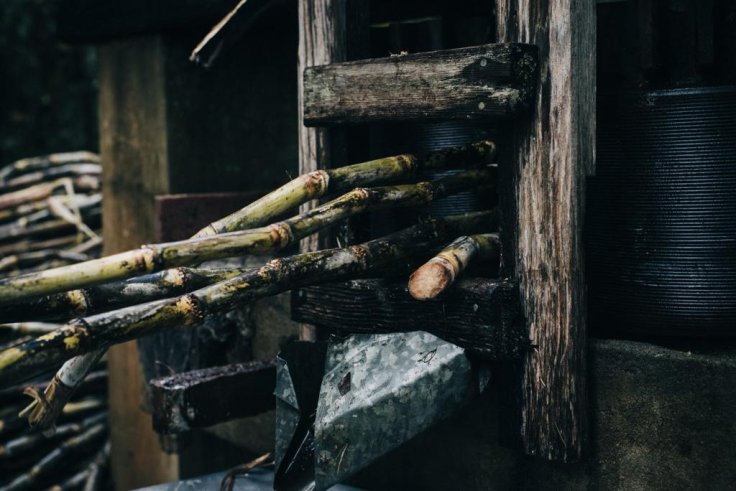Sugar is an essential ingredient in countless food and beverage products. And with the global demand for sugar, it's no surprise that many suppliers are vying for business. But unfortunately, not all sugar suppliers are legitimate. Some are just out to scam innocent buyers and resellers out of their hard-earned money. That's why it's essential to know how to spot a fake sugar supplier. And who's better to learn from than the experts at Enoxu?
Enoxu is a reputable sugar supplier that has been in the business for years. But unfortunately, they've seen their fair share of fake sugar buyers and suppliers. So, the company knows what to look out for when spotting a scammer. Here, we'll share Enoxu's tips on how to spot a fake sugar supplier.

One of the first things to look out for when dealing with sugar suppliers is their pricing. Enoxu offers highly competitive prices for its sugar, but many suppliers offer prices that are too good to be true. If a supplier is offering significantly lower prices than other suppliers, this could be a red flag. Therefore, it's essential to research and compare prices across multiple suppliers before deciding.
Another thing to consider is whether the supplier can provide proof of the product. Enoxu prides itself on being able to prove that they have shipped sugar before. This can be in the form of shipping documents or certificates from SGS testing. However, a fake sugar supplier may not be able to provide any proof of past performance, which should be a warning sign. Enoxu strictly sends proof of product and proof of past performance bank to bank over the SWIFT network. As these documents are highly confidential with past client's information, Enoxu's company policy is to only send these documents over the highly secure SWIFT network, the same network used for secure international transactions. Proof of Past Performance and Proof Of Product is also sent by Enoxu once they have received Proof Of Funds, which again is sent bank to bank.
Enoxu also recommends paying attention to how the buyer wants to pay for the sugar. A genuine buyer will typically be able to issue payment through a Letter of Credit (LC). There are many different versions of LCs, but they essentially work by ensuring that the supplier only gets paid once the buyer receives the shipment of sugar. On the other hand, a fake buyer may ask for payment upfront through a bank wire, which is a clear warning sign.
Enoxu also highlights the importance of due diligence when dealing with resellers of their sugar. Many of their clients are resellers, and there are many fake buyers out there. Therefore, resellers need to do their own research and ensure that their buyers are financially capable of moving forward with the purchase.
One of the biggest risks when dealing with fake buyers is the potential for fraud during sales. A fake buyer may issue a phony letter of credit from an untrustworthy bank or try to rush the sales process to get the supplier to ship the sugar before they are legally locked in to buy it. Enoxu recommends getting proof of funds directly from the buyer's bank. A real buyer will always be able to send proof of funds, while a fake buyer will try to find a way to avoid it. Or worse yet, send fake proof of funds.
In conclusion, there are many things to consider when dealing with a sugar supplier. But with these tips from Enoxu, you can be confident in your ability to spot a fake sugar seller. This will ensure that you deal with a legitimate sugar supplier and avoid falling victim to sugar scammers.








